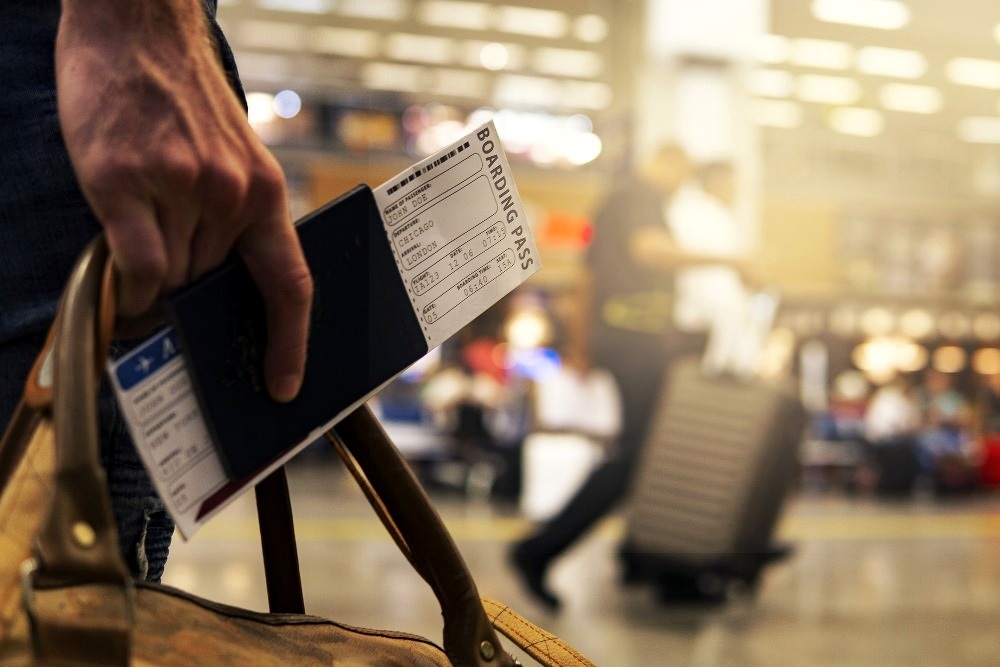
Leaving home to live in another country presents a rare opportunity to challenge personal assumptions, deepen cultural appreciation, and see the world through an entirely different lens. The decision to live abroad is not simply about logistics or geography; it is a reshaping of daily experience that often brings clarity to values, beliefs, and priorities. What begins as a relocation evolves into an internal journey—one that alters perception, enhances flexibility, and fosters greater understanding of both self and society. As new customs are adopted and long-held habits tested, the richness of foreign life reveals a broader spectrum of human connection and meaning.
Understanding Culture Beyond the Surface
One of the most immediate and impactful revelations that comes from living abroad is the discovery of culture as something much deeper than stereotypes or media portrayals. Experiencing another way of life firsthand peels back the surface-level assumptions and brings forward the nuance of daily customs, gestures, and values. Whether it is observing the rhythm of market mornings in southern Europe, adapting to the slower pace of village life, or recognizing how differently time and relationships are viewed across borders, cultural understanding shifts from intellectual to visceral. Even something as sensory and rooted as Greek cuisine can illustrate a region's history, priorities, and hospitality in a way that textbooks never could. This level of immersion invites a deeper respect for traditions that may at first seem foreign but ultimately offer insight into alternative but equally valid ways of living.
Challenging Assumptions and Biases
Living in a new country requires constant adaptation, which inevitably places familiar beliefs under scrutiny. Everyday practices such as banking, transportation, dining, or even personal space reveal assumptions that often go unnoticed at home. This frequent exposure to different systems and perspectives can either feel disorienting or enlightening—most often, it is both. Over time, it becomes clear that no single nation holds a monopoly on efficiency, warmth, intelligence, or innovation. As a result, personal biases begin to erode. The process of challenging internalized expectations opens the door for genuine humility, leading to richer interactions with locals and other expats alike. The individual who once judged foreign practices through the lens of their home country may instead come to embrace pluralism and reconsider long-held definitions of success, comfort, or community.
Adapting to Unfamiliar Routines and Systems
The act of rebuilding daily routines in a new environment creates a unique kind of resilience. Tasks once considered mundane—like setting up utilities, learning a new transit system, or deciphering unfamiliar bureaucracies—suddenly require patience, persistence, and ingenuity. This process instills a strong sense of independence and confidence, as each small success reinforces an evolving sense of capability. Furthermore, navigating these routines in a second or third language enhances communication skills and empathy. Misunderstandings become learning moments, and small victories carry the weight of personal triumph. Eventually, routines that once felt impossible transform into fluid daily rituals. That transformation is not only practical but symbolic, revealing how capable the human spirit is of evolution when faced with the unfamiliar.
Redefining Comfort and Success
Living abroad often disrupts the metrics people use to define comfort, success, and happiness. For many, career advancement, material accumulation, and social validation dominate life at home. In a new country, those markers may shift dramatically. The value of a slower meal, an open afternoon, or a spontaneous conversation in the park can come to outweigh the pursuit of constant productivity. This recalibration encourages introspection and invites the individual to reflect on what genuinely brings satisfaction. Free from the expectations and structures of a home society, expatriates often reimagine their goals and lifestyles. Over time, this can result in lasting changes—even after returning home. By encountering different societal norms and alternative measures of prosperity, the experience of living abroad becomes a tool for long-term self-assessment and intentional living.
Building Resilience Through Discomfort
Homesickness, language barriers, cultural misunderstandings, and occasional isolation are all part of the expatriate experience. These challenges, while difficult, are also catalysts for emotional growth. By confronting moments of discomfort rather than retreating from them, individuals build resilience that extends beyond cultural adaptation. They develop a tolerance for ambiguity and an ability to stay grounded during moments of uncertainty. This emotional elasticity proves invaluable not just while abroad but in all aspects of life. It improves relationships, sharpens problem-solving, and creates a foundation of strength that endures long after the passport is tucked away. Many who have lived abroad credit these difficult phases with helping them grow into more balanced and grounded versions of themselves—less reactive, more open, and better equipped to face life's unpredictabilities.
Perspective, once broadened, is rarely narrowed again. Living abroad creates permanent shifts in how people see themselves and the world. It challenges, strengthens, and redefines the individual, leaving behind traces of new traditions, unexpected friendships, and personal growth. From cultural immersion to everyday problem-solving, the experience reveals new layers of humanity and selfhood. Even the way one travels or communicates with others may be altered permanently. Whether it is through a deeper appreciation of unfamiliar foods, a revised understanding of success, or a more flexible approach to uncertainty, life abroad transforms more than location—it transforms perception. For those considering relocation or extended travel, the benefits extend beyond scenery and into the realm of profound internal change.
EDITORIAL POLICY
The Flash List is dedicated to providing trustworthy editorial content by maintaining strict ethical standards, journalistic integrity, and credible professionalism regardless of any remuneration as working media. The Flash List is not affiliated with third-party companies mentioned and makes no endorsement or guarantee expressed or implied. The preceding article, which contains affiliated link(s) for which compensation was received, is intended for informational reference only and does not constitute advice of any kind. Moreover, a qualified professional should be consulted regarding any lifestyle consideration, medical treatment, or monetary transaction, etc. Content is published in accordance with USFTC regulations and terms and conditions.
MORE ON THE FLASH LIST
































